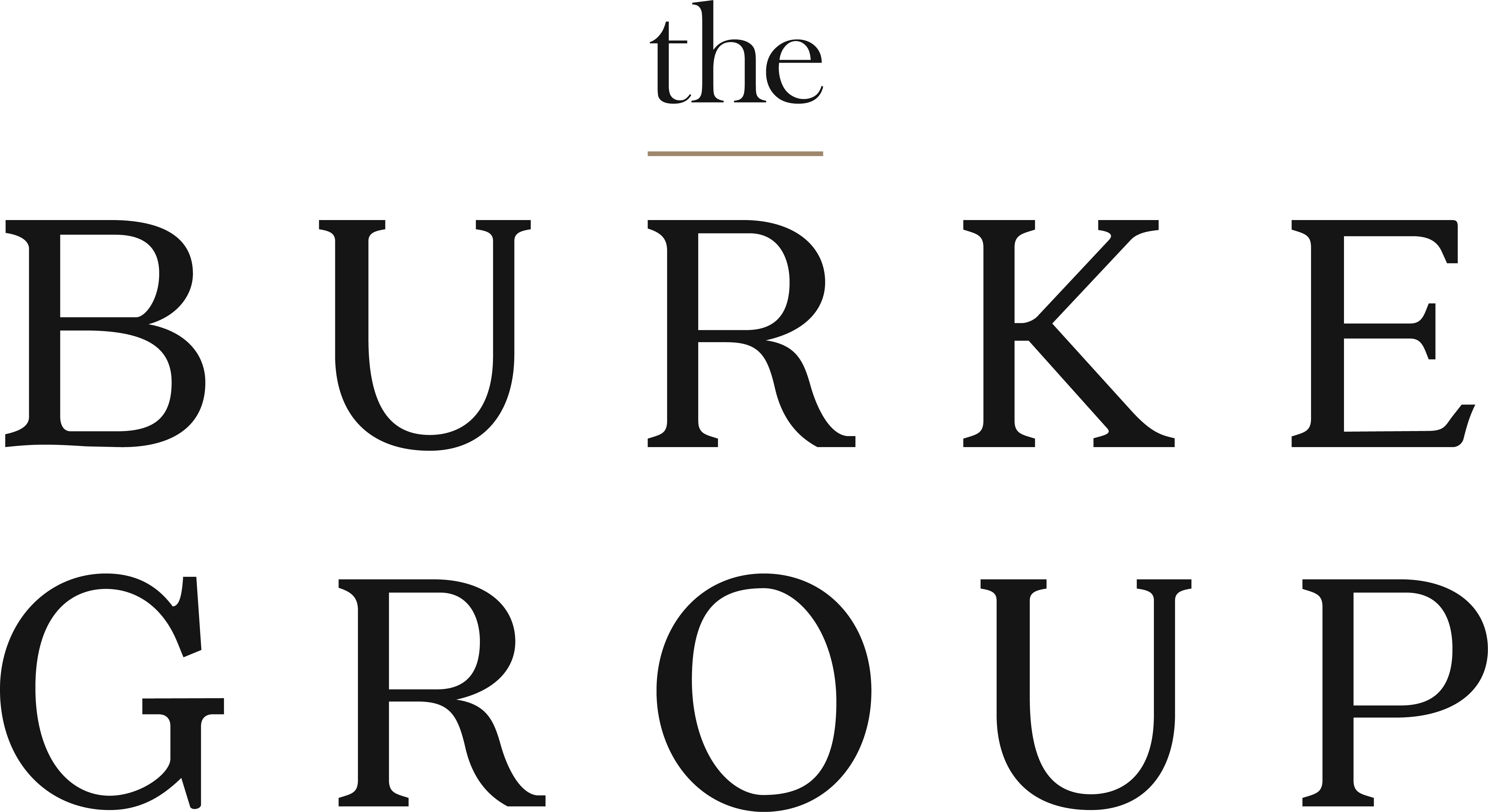Tips for Implementing Mindfulness Strategies in the Workplace

Work can be fast-paced, competitive, and extremely stressful at times. High levels of stress can result in decreased creativity and efficiency, leading to decreased productivity, absenteeism, and burnout.
A recent Ipsos Reid poll shows that nearly half (47%) of working Canadians reported work was the most stressful part of their day and life, while 16% responded that work was a source of feelings of depression, anxiety, or other mental illness. In another report by the American Institute of Stress (AIS), employees cited workload, people issues, work-life balance, and precarity as the leading causes of work-related stress.
These stresses have been compounded by the pandemic, according to a 2020 study by the Kaiser Family Foundation, with 40% of respondents claiming that the stress of the pandemic has negatively affected their mental health.
In recent years, mindfulness has taken off as a way to manage stress and promote employee self-care in the workplace. But what is mindfulness? Does it really work, or is it all just a bunch of hooey?
What is Mindfulness?
Mindfulness has been defined “as the basic human ability to be fully present, aware of where we are, and what we are doing.” The goal is to limit reactivity in order to achieve a state where we no longer feel overwhelmed by what is going on around us.
Meditation—a key practice of mindfulness—has been practiced for thousands of years as a way to relax, destress, and connect with the sacred and mystical forces of life. In meditation, one’s attention is focused, the endless stream of jumbled thoughts swirling around in our heads and causing us stress is temporarily suppressed, resulting in a state of enhanced physical and emotional well-being.
The strategic benefits of mindfulness in the workplace has been confirmed by research at companies like Google, Target, and General Mills, among others, which links mindful practices to decreased stress levels, improved focus, thoughtfulness, decision-making abilities, and overall well-being.
Mindfulness also empowers employees by giving them space to think and be present, leading to increased mental agility, resilience, and self-awareness, as well as to reduced emotional exhaustion, increased openness to new ideas, and a greater capacity for compassion and empathy.
According to Headspace, one of the leading mindfulness apps on the marketplace at the moment, developing a meditation practice can help employees, as well as management and leadership, to gain a greater sense of awareness, clarity, and compassion, providing unique opportunities for the latter to lead with these qualities and empower their teams by setting a strong example.
Whether it’s taking the time to meditate at work, or simply injecting mindful practices into your workflow, mindfulness can be a great way to ground yourself amidst all the stresses of the workday, affording employees and leaders a respite from the sea of chaos. So—how can we be more mindful in the workplace?
Take Deep Breaths
Engaging in simple breathing exercises can have a significant effect on your state of mind—and it also one of the most inconspicuous ways to practice mindfulness at work. Breathing exercises have been shown to improve cognitive function, encourage positive thoughts, and reduce symptoms of anxiety.
For more on the benefits of deep breathing, head over to Headspace’s blog!
Take Breaks
Did you know that a commonly cited productivity study found that the most productive workers were the ones who allowed themselves to take breaks once an hour? Engaging in regular, frequent mindfulness exercises for as long as you can spare—even just one minute—can significantly affect your productivity!
Be Present
At work, our minds tend to drift. Pay attention to your surroundings and to what is going on inside of you. This is called “being consciously present.” Being conscious of a wandering mind, acknowledging that this is perfectly normal, and refocusing your attention is key to always bringing yourself 100% to every task.
Practice Gratitude
Stress is inevitable. The next time you find yourself having a bad day, try engaging in a gratitude meditation by writing down a few things you like about your job. Research shows that counting our blessings increases our optimism, relieves depression, improves immune function, lowers blood pressure, and strengthens relationships with those around us.
The Burke Group has provided the highest level of professional human resources consulting and recruitment services for forty years. Learn more about our services, or to book a consultation, today!
